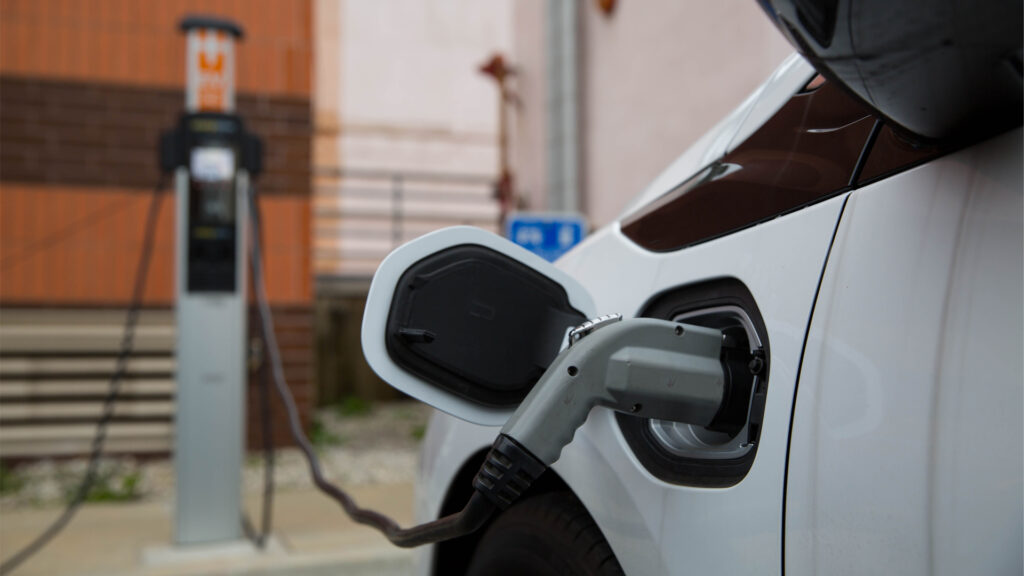By Torin Spencer, Electrification Coalition
Electric vehicles (EVs) are here to stay. Especially in Florida, which remains second in EV registrations nationwide, with 203,000 EV sales in 2023 alone.
The shift is inevitable, and Florida must keep pace with the growing demand for electrified transportation. However, the biggest hurdle isn’t getting EVs on the road — it’s developing a robust charging infrastructure network. Outdated building codes and convoluted permitting processes are slowing us down, preventing the installation of charging stations across the state.

With historic funding from the Bipartisan Infrastructure Law and the Inflation Reduction Act, Florida has a once-in-a-lifetime opportunity to invest in and expand its EV charging network. However, without streamlining the permitting process for EV charging infrastructure, these funds will languish, and Florida will fall behind its neighbors who can direct these federal dollars to areas with fewer barriers to investment. State and municipal policies must align with the urgent need for EV infrastructure and capitalize on this unique opportunity to invest in Florida’s transportation future.
Florida doesn’t have to look far for a success story; Orlando’s streamlined pro-business permitting process for EV charging infrastructure is a replicable precedent that other Florida cities can easily adopt. The city has made it easier for developers to deploy EV charging by instituting standardized and transparent requirements, implementing online systems, reducing or eliminating fees, and setting strict timelines for approval.
These practices minimize administrative burdens and hasten the deployment process, making investing in EV charging infrastructure easier for businesses. Streamlined permitting reduces costs and eliminates delays, leading to quicker and more widespread installation of charging stations.
Currently, the Florida Department of Agriculture and Consumer Services is undertaking a rulemaking process meant to create a statewide standard for electric vehicle supply equipment (EVSE) — the industry’s term for EV charging infrastructure. This process allows the agency to establish a statewide streamlined permitting process.
Some of the regulatory obstacles that EVSE providers face include inconsistent permitting requirements across jurisdictions, lengthy approval processes, excessive documentation, high permit fees, and a lack of coordination between agencies, which results in redundant reviews and inspections. Zoning restrictions and stringent building codes also limit installation locations, and outdated regulations often fail to accommodate the latest EV charging technologies.

As we transition towards a future where EVs are the norm, the success of tomorrow’s economy hinges on the infrastructure we establish today. Florida has the chance to lead by example, making sure that our residents have reliable and convenient access to EVSE. By embracing best practices, simplifying the permitting process and focusing on comprehensive infrastructure development, we can meet growing consumer demand and deliver the future Floridians expect
Most importantly, by supporting consumer choice and investing in an “all of the above” transportation policy, Florida can take proactive steps to strengthen our national security and energy independence by reducing our dependence on oil. The Electrification Coalition stands ready to assist the Sunshine State in every step of this journey to unlock the potential of an electrified economy.
Torin Spencer, based in Orlando, is a program manager with the Electrification Coalition. This opinion piece was originally published by the Orlando Sentinel, which is a media partner of The Invading Sea.
If you are interested in submitting an opinion piece to The Invading Sea, email Editor Nathan Crabbe at ncrabbe@fau.edu. Sign up for The Invading Sea newsletter by visiting here.



